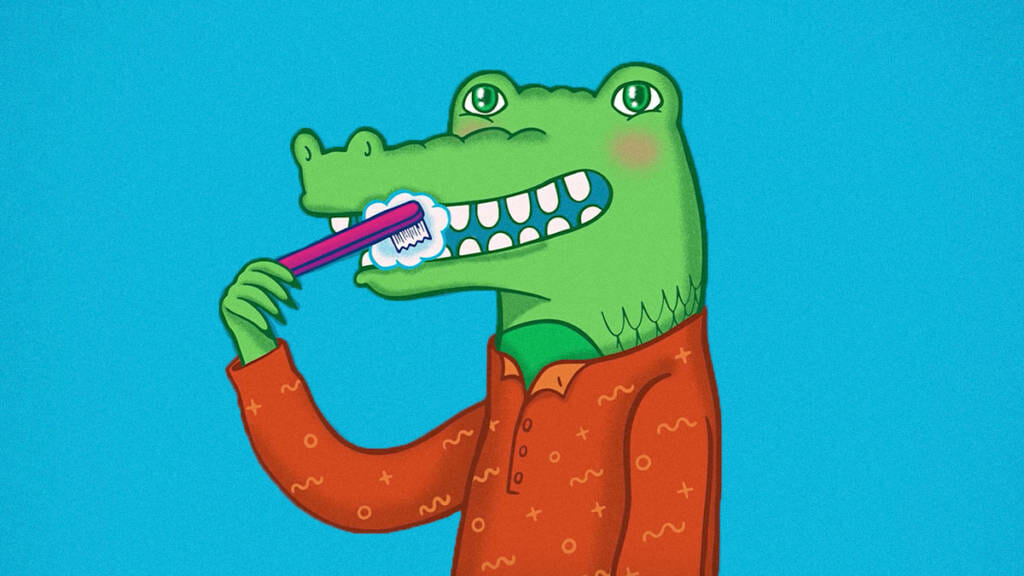With both podcasts and smart speakers emerging as dark-horse media platforms, it was only a matter of time before someone found a way to pair them. Enter Gimlet Media, Crest Kids and Oral B, who have created a kid-friendly tooth-brushing Alexa podcast designed foremost as a smart-speaker “skill.”
“Make tooth time easy with this morning and night tooth brushing show for kids. When it’s time for your family to brush teeth, say “Alexa, start Chompers,” reads the announcement for the show.
Though the Alexa podcast is also available on Apple Podcasts and Spotify, the smart-speaker version carries additional features, “count[ing] the times you brush and celebrat[ing] your streaks.”
“The way I think about Gimlet is that we’re trying to build a new kind of modern media company where everything begins in audio,” Matt Lieber, co-founder and president of Gimlet Media to The Wall Street Journal. “This is our first go at it, but we’re making real investments.”
Though branded podcasts are nothing new, especially for Gimlet, the company’s latest offering blurs the lines between podcast and interactive feature, brand advertising and content marketing. Or rather it would, if not for limitations set by the online-retail powerhouse.
Although the program is sponsored by Oral B and Crest Kids, Amazon’s rules prevent Gimlet from mentioning the partnership during the Alexa podcast itself. This means that actual advertising messages are limited to pre-roll mentions on the standard podcast version of the show, which, as professed on Chompers’ site, isn’t the first-choice listening method.
Current forecasts predict smart-speaker adoption will reach 45 million in the US alone this year, yet Amazon’s offerings still lack major functionality that marketers need. Despite predictions that half of all searches will be done with voice, the Echo does not offer paid search products for marketers, nor does it let shoppers fully explore shopping options, meaning that brands are at the whim of Amazon’s algorithms.
As it stands, Chompers is a bit of an odd duck, a piece of branded content in a format that tends lends itself to direct-response advertising, on a platform that won’t allow it to mention its brand and lacks options for brands to capitalize on voice-shopping calls to action.

